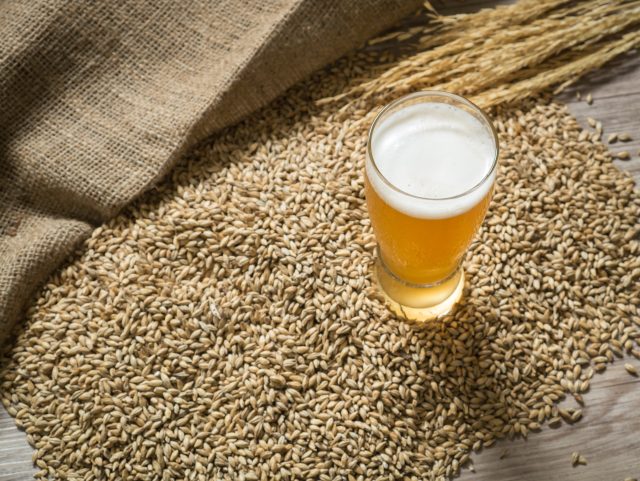Beer could exert ‘greater effects than probiotics’ say scientists
Drinking beer in moderation could be good for your gut and immunity, stimulating microbiota diversity, according to a new nutritional review.

The findings, recently outlined by Nutraingredients, highlighted how beer contains a beneficial brew of compounds and cites researchers in Belgium, China, Portugal, Romania and Spain who have contributed to scientific publications that make the case for a beer being beneficial to gut microbiome.
The information given, detailed in the latest volume of the journal Frontiers in Nutrition, stated how scientists from the Department of Microecology at Dalian Medical University in China, had found that “due to the conversion of beer substrates, the formation of bioactive end products, and the presence of microorganisms, some of its components exert ‘similar’ or even greater effects than probiotics”.
The review explained: “As a long-established fermented beverage, beer is rich in many essential amino acids, vitamins, trace elements, and bioactive substances that are involved in the regulation of many human physiological functions. The polyphenols in the malt and hops of beer are also important active compounds that interact in both directions with the gut microbiome.”
According to the nutritional scientists, previous studies have investigated how these “beer bioactives” may help prevent arteriosclerosis and heart disease, improve blood circulation and immune function, support antioxidant and anti-ageing effects, promote oestrogen production, confer cardioprotective benefits and reduce radiation damage.
Added to this, the research highlighted that the consensus among previous animal and human trials showed that low or moderate beer consumption, with or without alcohol, supports healthy immune function and outlined in the review that “when beer is consumed in moderation, the phenols and other nutrients it contains are fermented and broken down by the microbial community that resides in the outer mucosal layer of the gut. This miraculous digestive process produces a large number of metabolites that, through the interaction of multiple microorganisms in the inner mucosa, in turn, promote changes in the abundance of beneficial flora, exerting a range of anti-inflammatory, antioxidant, and immunomodulatory effects”.
Partner Content
The review also suggested that these “immunomodulatory effects” may be attributed to “the interaction between beer’s polyphenols, fibre and ethanol as they work together to enhance the development of a healthy gut microbiome” but admitted that the findings called for further study to confirm whether “beer can be used as a micro-ecological regulator in the future”.
It added: “Combining these results of studies in humans and animals, there is a consensus that moderate beer consumption has a beneficial effect on the immune system compared to states of alcohol abuse or abstinence.
The scientists pointed out that, in the past, even though “the consumption of alcohol, as part of most people’s habits, has been controversial in terms of its effects on human health [because] if consumed inappropriately or in excess, it can trigger toxic reactions and social health burdens” there is however more to the bigger picture than just that.
For instance, the scientists pointed out “when alcohol consumption is controlled within safe limits, the combined effects of alcohol and other component metabolism on the intestinal flora deserve a more comprehensive analysis”.
Taking into account the findings from the review, the scientists suggested that there is an argument to suggest that “low or non-alcoholic beers are good candidates for functional foods” and hinted that, in the future product variants such as “health beers” that could be “made by fortifying them with bioactive substances such as fibre, antioxidants, and probiotics” could be brought to market as they “would provide health benefits to consumers”.
As a lasting thought, the scientists queried as to whether “beer can be used in the future as a micro-ecological regulator or even as an alternative therapy for chronic diseases such as hypertension, diabetes, and obesity” and observed that it is “a question that deserves further research”.
Related news
Siren’s International Women's Day beer goes on sale next week
Beer sector in India invests in Uttar Pradesh
Molson Coors to close Sharp’s, Brewery putting 50 jobs at risk




